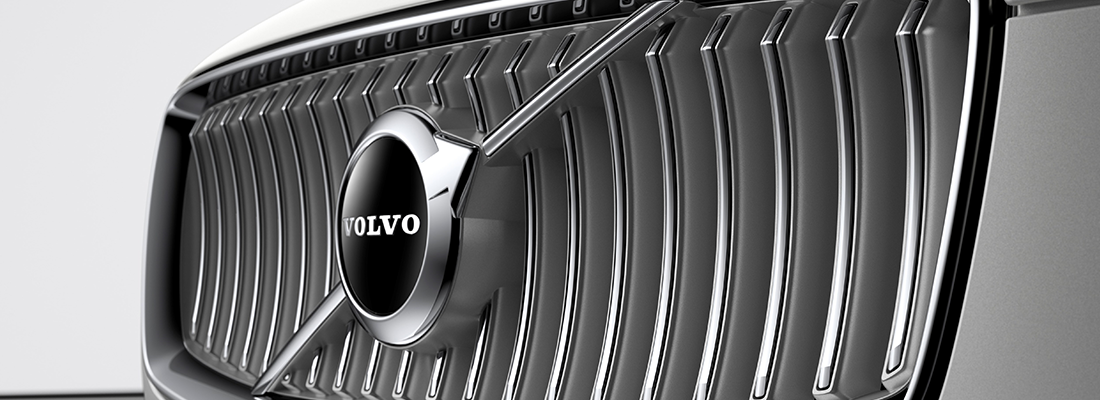Rematec 2019 was memorable for a number of reasons – but a keynote speech in this edition of the show marked a sea-change in the way that automotive original equipment manufacturers (OEMs) are viewed in the remanufacturing industry.
A number of OEMs have for many years been a little coy about the extent to which their operations include reman. But the rising profile of environmental concerns, plus legislation which prioritises sustainable manufacturing – and a growing acceptance by customers that not everything has to be bought new – means that vehicle manufacturers in particular are seeing the commercial sense of offering reman options.
In his Rematec 2019 keynote address, Dick Cruslock, Volvo Cars strategy and programme manager, global customer service, presented an outline of Volvo’s commitment to remanufacturing, explaining how reman fits with the company’s core values. He included an overview of Volvo’s long reman history that stretches back to World War Two, when the company first began renovating gearboxes in the town of Köping in southern Sweden. Shortages of raw material made reman a sensible investment choice.
Carbon saving
Cruslock offered some insight into current practices, highlighting the position of remanufacturing in the new era of sustainable mobility.
Last year its remanufacturing programme saved approximately 420 tonnes of steel and 210 tonnes of aluminium, the company says. This corresponds to a carbon dioxide emission reduction of 4,700 tonnes a year, Volvo adds.
Volvo’s appearance at the world’s premier reman trade event is a sign that big OEM names are now starting to push remanufacturing. Niels Klarenbeek, Director, Remanufacturing at Rematec, which is organised by RAI Amsterdam, is delighted by what this marquee speech from a major auto maker represents for the remanufacturing industry.
“We’re excited with the Volvo keynote address,” says Klarenbeek. “The 10th edition was the first time a vehicle manufacturer literally took the stage at Rematec. This not only underlines the importance of the Rematec platform, it also emphasises the commitment from vehicle manufacturers, like Volvo Cars, towards the circular economy. They take responsibility to resource efficiency and carbon emissions; remanufacturing is crucial enabler of their sustainability objectives. Remanufacturing as a process has become mature and well-accepted.”
Design4reman
Four years ago, in May 2015, Volvo Cars gave an exclusive interview to Rematec News in which Cruslock and Gunmar Magnusson discussed Volvo’s 50 years of heritage in remanufacturing and spoke about the (then newly-introduced) Volvo XC 90 II SUV.
This was the first model created in such a way that reman expertise was integrated into the product design. One of the crucial questions in the design phase was how to maximise opportunities for remanufacturing when it became time for overhaul (without compromising on safety and quality). Now, Volvo says, 95% of materials used in its car design can be recovered, either through re-use or recycling. Volvo Cars has comprehensive exchange systems through its network of authorised dealerships worldwide, offering a wide range of parts.
Coming back to Rematec 2019, having such a major brand name taking the stage says a lot about where remanufacturing is headed as it gains greater acceptance, Klarenbeek concludes.






